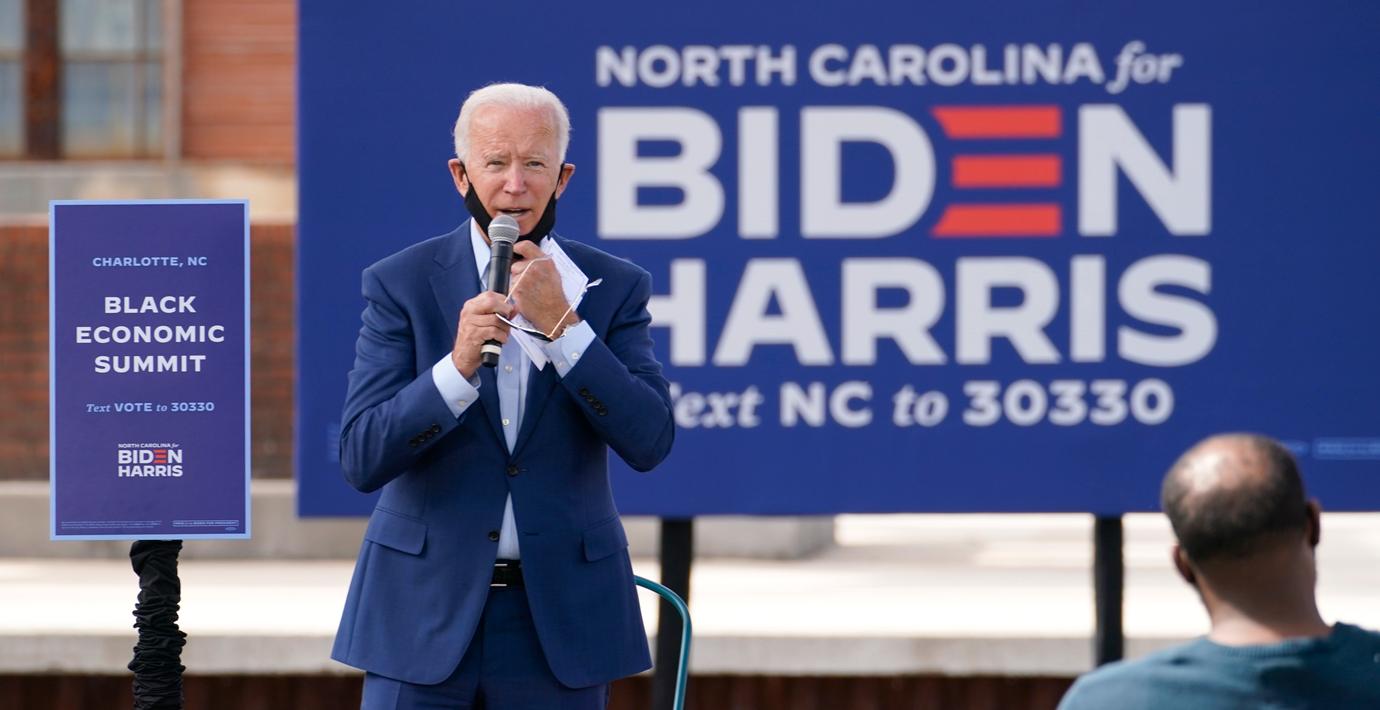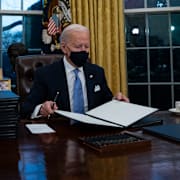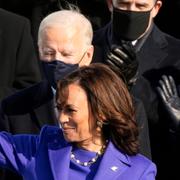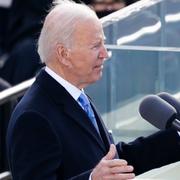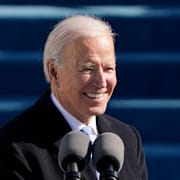bakgrund
Relationen mellan USA och Kina
Wikipedia (en)
China–United States relations (simplified Chinese: 中美关系; traditional Chinese: 中美關係; pinyin: Zhōngměi Guānxì), also known as U.S.–Chinese relations, Chinese–U.S. relations, U.S.-Sino relations or Sino-American relations, refer to relations between China and the United States since the 18th century. The relationship between the two countries has been complex, and vary from positive to highly negative. After 1980 the economic ties grew rapidly. The relationship is of economic cooperation, hegemonic rivalry in the Pacific, and mutual suspicion over each other's intentions. Therefore, each nation has adopted a wary attitude regarding the other as a potential adversary but has meanwhile maintained an extremely strong economic partnership. It has been described by world leaders and academics as the world's most important bilateral relationship of the 21st century.As of 2019, the United States has the world's largest economy and China has the second largest although China has a larger GDP when measured by PPP. Historically, relations between the two countries have generally been stable with some periods of open conflict, most notably during the Korean War and the Vietnam War. Currently, United States and China have mutual political, economic, and security interests, such as the proliferation of nuclear weapons, but there are unresolved concerns relating to the role of democracy in government in China and human rights in China. China is the second largest foreign creditor of the United States, after Japan. The two countries remain in dispute over territorial issues in the South China Sea.According to a 2020 survey by the Pew Research Center, 22% of Americans have a favorable view of China, with 73% expressing an unfavorable view. The poll also found that 24% (plurality) of Americans see China as the top threat to the US. Relations with China began under US President George Washington, leading to the 1845 Treaty of Wangxia. The US was allied to the Republic of China during the Pacific War but, after the Communist victory in Mainland China during the Chinese Civil War, fought a major armed conflict with the People's Republic of China in the Korean War and did not establish relations for 25 years, until President Richard Nixon's 1972 visit to China. Since Nixon's visit, every US president, with the exception of Jimmy Carter, has toured China. Relations with China have strained under President Barack Obama's Asia pivot strategy. Despite tensions during his term, the Chinese population's favorability of the US stood at 51% in Obama's last year of 2016, only to fall during the Trump administration.The relations deteriorated sharply under President Donald Trump, whose administration labeled China a "strategic competitor" starting with the 2017 National Security Strategy. In 2018, the U.S. Department of Justice initiated a "China Initiative" to "combat economic espionage. One of the first studies of the impact of the initiative was published in 2020, concluding that how the initiative operates unfairly stigmatizes researchers of Chinese ethnicity, through implying "threat by association." It subsequently launched a trade war against China, banned US companies from selling equipment to Huawei and other companies linked to human rights abuses in Xinjiang, increased visa restrictions on Chinese nationality students and scholars and designated China as a currency manipulator. During the Trump administration, and especially since the US-China trade war began, political observers have started to warn that a new cold war is emerging. Michael D. Swaine warned in 2019, "The often positive and optimistic forces, interests, and beliefs that sustained bilateral ties for decades are giving way to undue pessimism, hostility, and a zero-sum mindset in almost every area of engagement." By May 2020 relations had deteriorated as both sides were recruiting allies to attack the other regarding guilt for the worldwide COVID-19 pandemic. Relations worsened over the Chinese government's decision to authorise a Hong Kong national security law in 2020.
